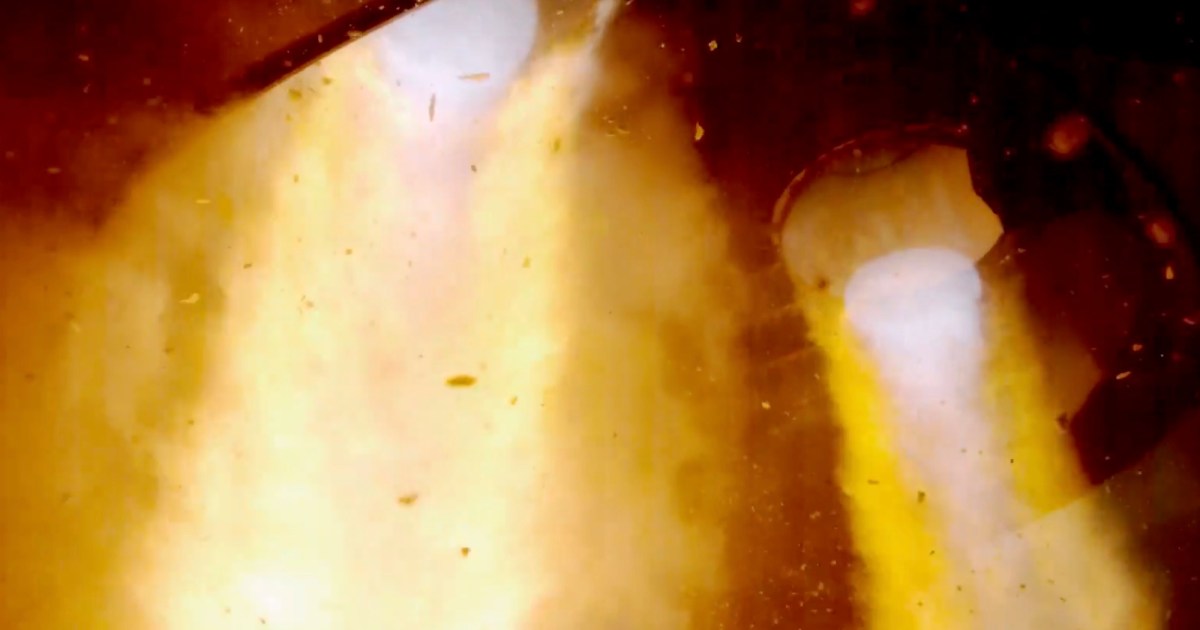
SpaceX has just performed a static fire of the six engines on its Starship spacecraft as it awaits permission from the Federal Aviation Administration (FAA) for the fifth test flight of the world’s most powerful rocket.
The Elon Musk-led spaceflight company shared footage and an image of the test fire on X (formerly Twitter) on Thursday. It shows the engines firing up while the vehicle remains on the ground.
Six engine static fire of Flight 6 Starship pic.twitter.com/fzJz9BWBn6
— SpaceX (@SpaceX) September 19, 2024
For flights, the Starship spacecraft is carried to orbit by the first-stage Super Heavy booster, which pumps out 17 million pounds of thrust at launch, making it the most powerful rocket ever built.
The Super Heavy booster and Starship spacecraft — collectively known as the Starship — have launched four times to date, with the performance of each test flight showing improvements over the previous one.
The first one, for example, exploded shortly after liftoff from SpaceX’s Starbase facility in Boca Chica, Texas, in April of last year, while the second effort, which took place seven months later, achieved stage separation before an explosion occurred — an incident that was captured in dramatic footage. The third and fourth flights lasted much longer and achieved many of the mission objectives, including getting the Starship spacecraft to orbit.
The fifth test flight isn’t likely to take place until November at the earliest, according to a recent report. It will involve the first attempt to use giant mechanical arms to “catch” the Super Heavy booster as it returns to the launch area. SpaceX recently expressed extreme disappointment at the time that it’s taking the FAA to complete an investigation that will pave the way for the fifth Starship test, and has said that it’ll be ready to launch the vehicle within days of getting permission from the FAA.
Once testing is complete, NASA wants to use the Starship, along with its own Space Launch System rocket, to launch crew and cargo to the moon and, quite possibly, destinations much further into space such as Mars. NASA is already planning to use a modified version of the Starship spacecraft to land the first astronauts on the lunar surface in five decades as part of the Artemis III mission, which is currently set for 2026.
Services Marketplace – Listings, Bookings & Reviews
